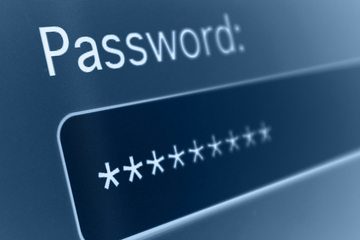New variants of Agent Tesla remote access Trojan now come with modules dedicated to stealing credentials from applications including popular web browsers, VPN software, as well as FTP and email clients. Agent Tesla is a commercially available .Net-based info stealer with both remote access Trojan (RAT) and with keylogging capabilities active since at least 2014. This malware is currently very popular with business email compromise (BEC) scammers who use it to infect their victims for recording keystrokes and taking screenshots of compromised machines. It can also be used for stealing victims’ clipboard contents data, for collecting system information, and for killing anti-malware and software analysis processes.
Comment: Upgraded Agent Tesla malware steals passwords from browsers, VPNs
Information Security Buzz is an independent resource that provides the experts’ comments, analysis, and opinion on the latest Cybersecurity news and topics



